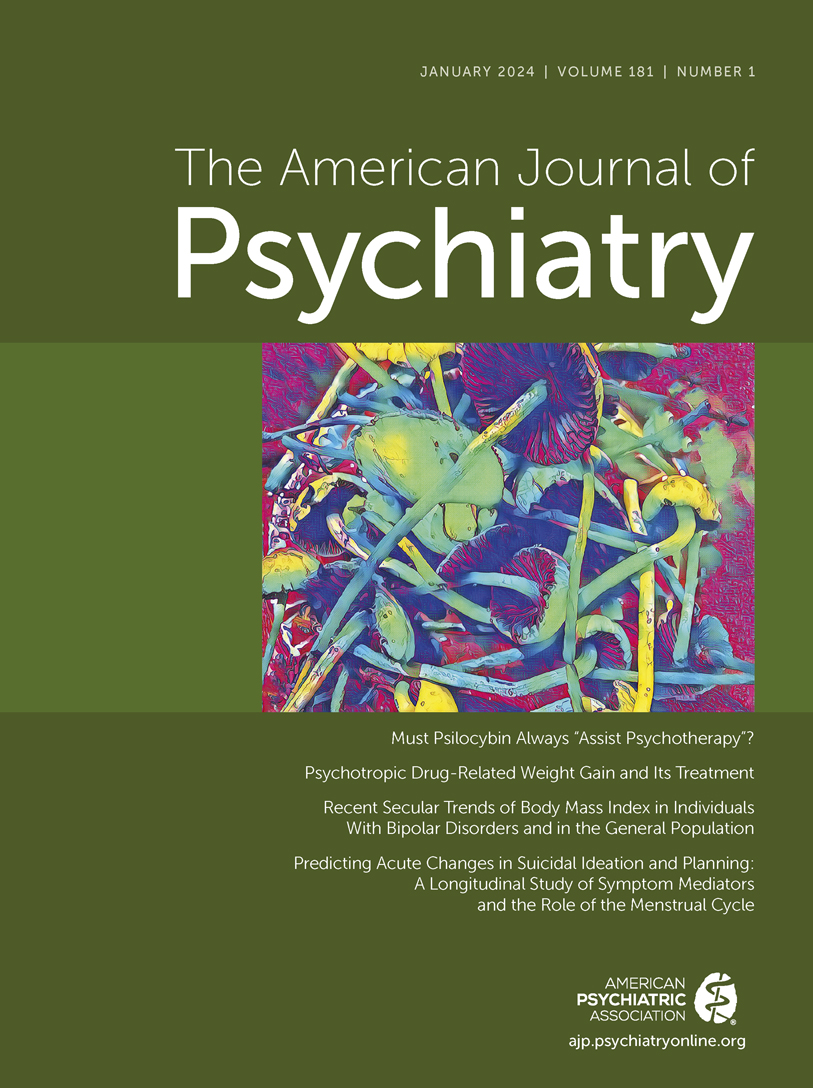Psychotropic Drug–Related Weight Gain and Its Treatment
Abstract
Psychotropic drug–related weight gain (PDWG) is a common occurrence and is highly associated with non-initiation, discontinuation, and dissatisfaction with psychiatric drugs. Moreover, PDWG intersects with the elevated risk for obesity and associated morbidity that has been amply reported in the psychiatric population. Evidence indicates that differential liability for PDWG exists for antipsychotics, antidepressants, and anticonvulsants. During the past two decades, agents within these classes have become available with significantly lower or no liability for PDWG and as such should be prioritized. Although lithium is associated with weight gain, the overall extent of weight gain is significantly lower than previously estimated. The benefit of lifestyle and behavioral modification for obesity and/or PDWG in psychiatric populations is established, with effectiveness similar to that in the general population. Metformin is the most studied pharmacological treatment in the prevention and treatment of PDWG, and promising data are emerging for glucagon-like peptide-1 (GLP-1) receptor agonists (e.g., liraglutide, exenatide, semaglutide). Most pharmacologic antidotes for PDWG are supported with low-confidence data (e.g., topiramate, histamine-2 receptor antagonists). Future vistas for pharmacologic treatment for PDWG include large, adequately controlled studies with GLP-1 receptor agonists and possibly GLP-1/glucose-dependent insulinotropic polypeptide co-agonists (e.g., tirzepatide) as well as specific dietary modifications.
Access content
To read the fulltext, please use one of the options below to sign in or purchase access.- Personal login
- Institutional Login
- Sign in via OpenAthens
- Register for access
-
Please login/register if you wish to pair your device and check access availability.
Not a subscriber?
PsychiatryOnline subscription options offer access to the DSM-5 library, books, journals, CME, and patient resources. This all-in-one virtual library provides psychiatrists and mental health professionals with key resources for diagnosis, treatment, research, and professional development.
Need more help? PsychiatryOnline Customer Service may be reached by emailing [email protected] or by calling 800-368-5777 (in the U.S.) or 703-907-7322 (outside the U.S.).



